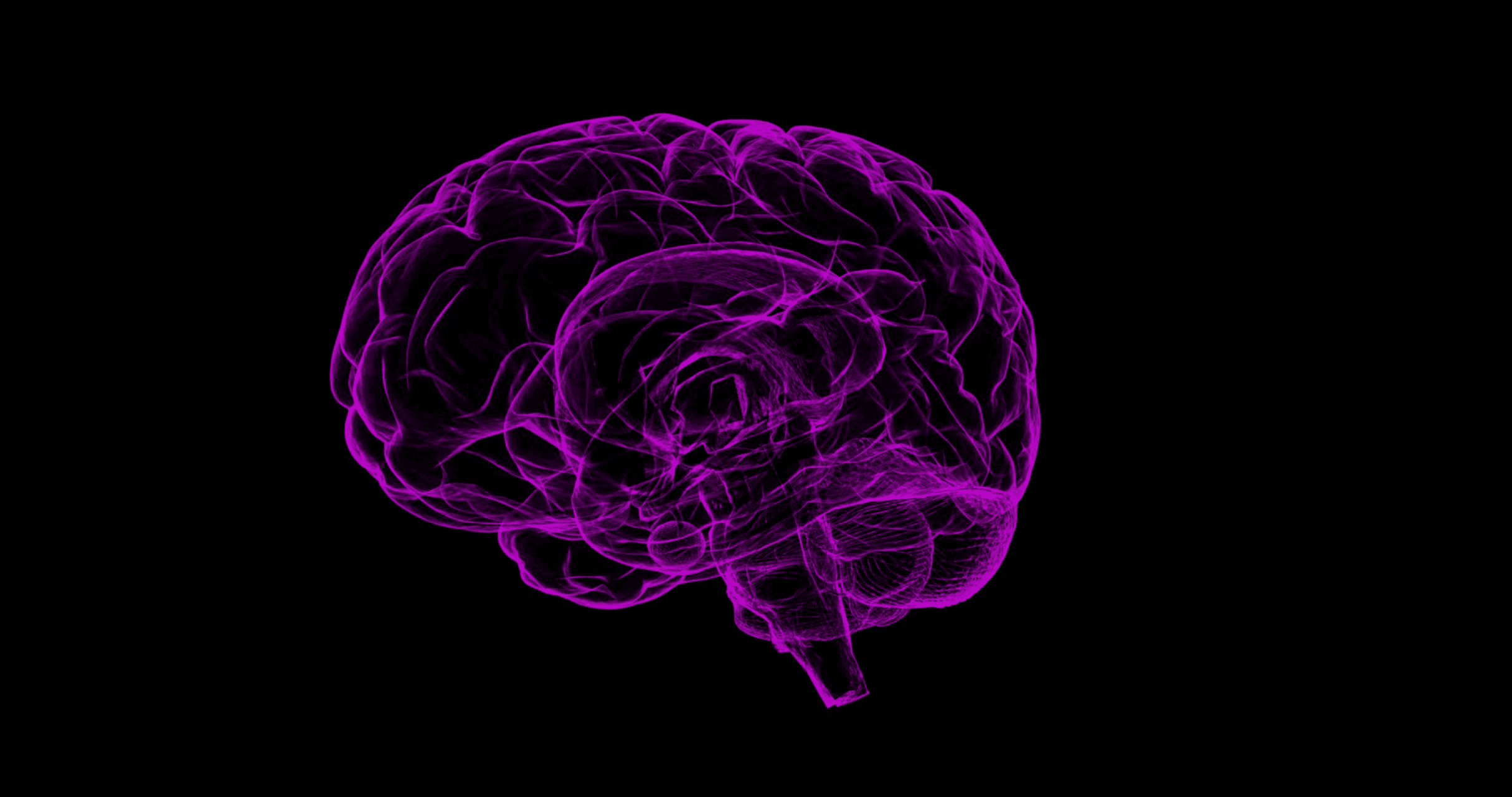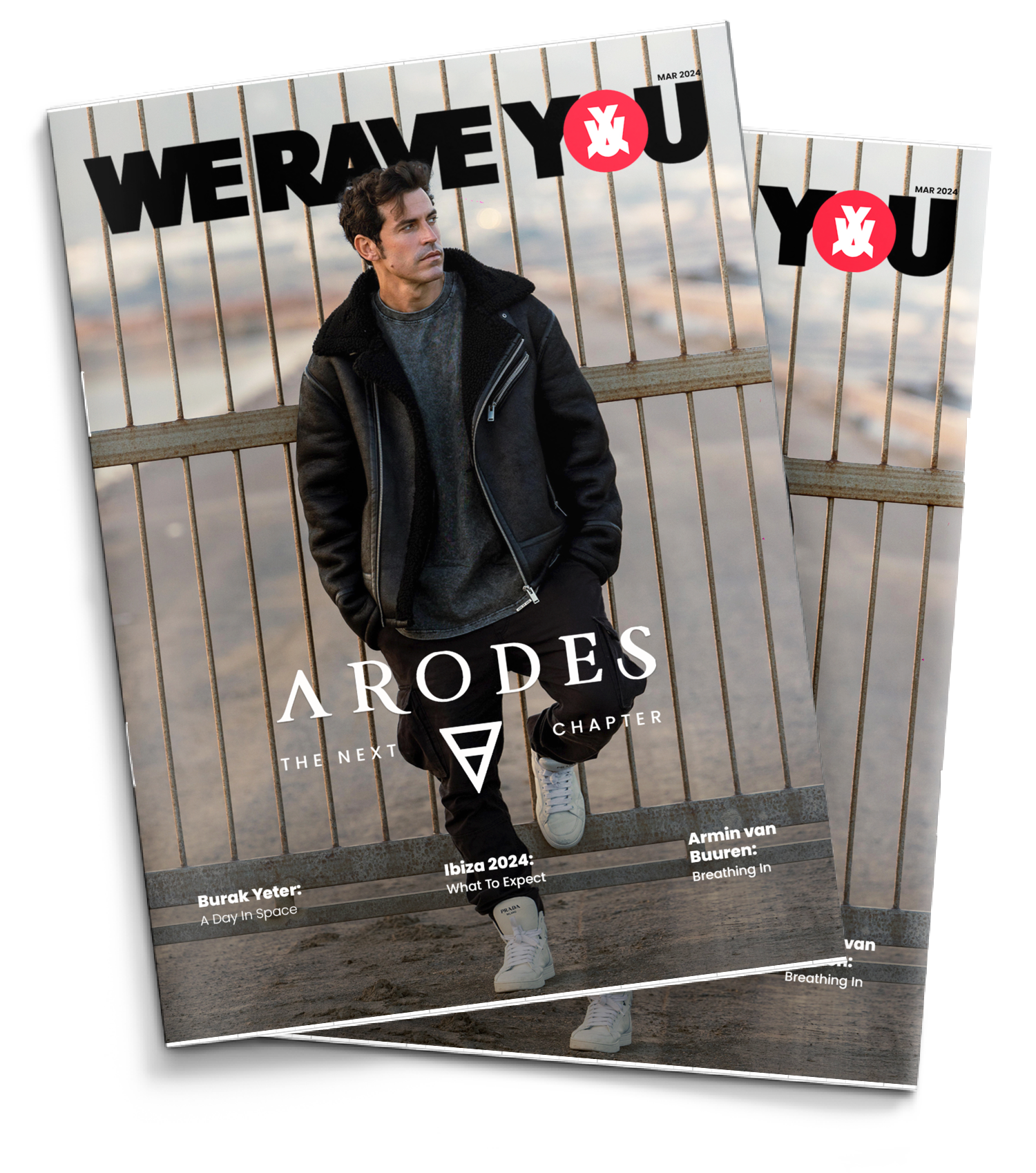

DJ Harold Heath shares his analysis on the large amount of Neurodivergent People In Electronic Music
Electronic music has long been a magnet for diverse individuals who find solace and inspiration within its pulsating rhythms and kaleidoscopic soundscapes. However, the question of why there seems to be a disproportionately large population of neurodivergent people within the electronic music scene has intrigued many. In this exploration, we delve into the research and insights provided by DJ Harold Heath, who, as both a music enthusiast and a neurodivergent individual himself, seeks to unravel the intricate connection between neurodiversity and electronic music.
The Neurodivergent Community In Electronic Music
In 2022, the Association For Electronic Music (AFEM) conducted a survey within the electronic music industry that yielded fascinating results. Astonishingly, 58% of respondents demonstrated some form of neurodivergent condition, with 38% of them being clinically diagnosed. This stark contrast to the estimated 15-20% prevalence of neurodivergent conditions in the general population underscores the significance of this inquiry. DJ Harold Heath points out that the AFEM study aligns with broader scientific research, supporting the notion that the electronic music world indeed harbors a high concentration of neurodivergent individuals.
Understanding Neurodiversity
Before delving further, it is crucial to understand what neurodiversity is. Neurodiversity refers to the spectrum of differences in how human brains process information. In simpler terms, there are neurotypical individuals, whose brains operate in ways expected by society, and neurodivergent individuals, who exhibit distinct information processing due to neurobiological variances. This umbrella term encompasses conditions such as ADHD, autism, dyslexia, dyscalculia, and more.
The Magnetic Pull Of Electronic Music
Exploring the reasons behind neurodivergent individuals gravitating toward electronic music has uncovered many realizations. It seems that there is an innate compatibility between the characteristics of neurodivergent individuals and the electronic music environment. Notably, the genre’s ability to increase dopamine neurotransmission, combined with the lack of dopamine in ADHD, creates a natural attraction for neurodivergent individuals.
Furthermore, the constantly evolving, high-stimulation world of electronic music aligns with the non-linear thinking styles commonly associated with neurodivergence. This community celebrates originality and innovation, traits often found in neurodivergent individuals. The capacity for hyperfocus, a state where one can dedicate intense concentration to a task, is perfect for music production and DJing, making it an ideal pursuit for many neurodivergent individuals.
Breaking Free From Conventional Work Norms
In contrast to conventional workspaces, which may pose challenges for neurodivergent individuals, the music industry offers a more flexible and accommodating environment. The unconventional hours and open-minded culture within the electronic music scene cater to those who thrive at night. The industry’s tolerance towards substance use can also provide temporary relief for those with undiagnosed neurodivergence.
Personal Testimonials From Neurodivergent Individuals In The Music Industry
Several neurodivergent individuals in the music industry have shared their experiences. For instance, Adam Ficek, a clinical psychotherapist, musician, and DJ, embraces his ADHD and dyslexia, finding them advantageous in his music career. Similarly, Brandon Block, who has ADD and possibly ADHD, leverages these traits to excel in DJing. His musical knowledge and emotional connection to tunes have propelled his career.
Caroline The DJ, who has autism and ADHD, credits her extensive music library for aiding her DJing journey. Her neurodivergent thinking enhances her ability to think creatively and problem-solve. Kate Wildblood, another autistic DJ and writer, utilizes her attention to detail to curate an impressive music collection.
The Therapeutic Power Of DJing
DJing not only provides a creative outlet but also serves as a therapeutic tool for many neurodivergent individuals. It enables them to connect with others, communicate authentically, and manage their emotions. The loud music and sensory overload in clubs paradoxically offer relief to some who struggle with sensory difficulties.
The Journey To Diagnosis And Self-Discovery
Hopefully, reading this article will help the right individuals seek a formal diagnosis, a process conducted by qualified clinical professionals. Although obtaining a diagnosis can be a lengthy and expensive endeavor, it has significant benefits. It offers understanding, empowerment, and the opportunity to harness neurodivergent talents effectively.
Clearly, the electronic music industry’s appeal to neurodivergent individuals goes beyond mere coincidence. Its stimulating environment, acceptance, and compatibility with their unique traits make it an optimal home. By acknowledging and embracing neurodiversity within the music scene, we can foster inclusivity and empower artists to unlock their full potential.
Image Credit: SciTechTrend via Flickr | License: Public Domain Mark 1.0


- Arodes cover Interview
- Armin van Buuren: Breathing In [Exclusive Interview]
- Ibiza 2024: What To Expect
- Burak Yeter: A Day In Space [Exclusive]
